CAR-T Cell Therapy in India – A Breakthrough in Cancer Treatment
Recurrences of blood cancer are a threat to your life. However, for all the treatments you have tried, their success rate is not very high.
The field of cancer treatment has experienced amazing progress in the last few years and one of the breakthroughs is CAR-T cell therapy.
In this innovative approach, the reprogrammed immune cells of the body attack and kill cancer cells.
CAR-T cell therapy in India has shown some remarkable progress in recent years.
Let’s know more about this therapy in detail:
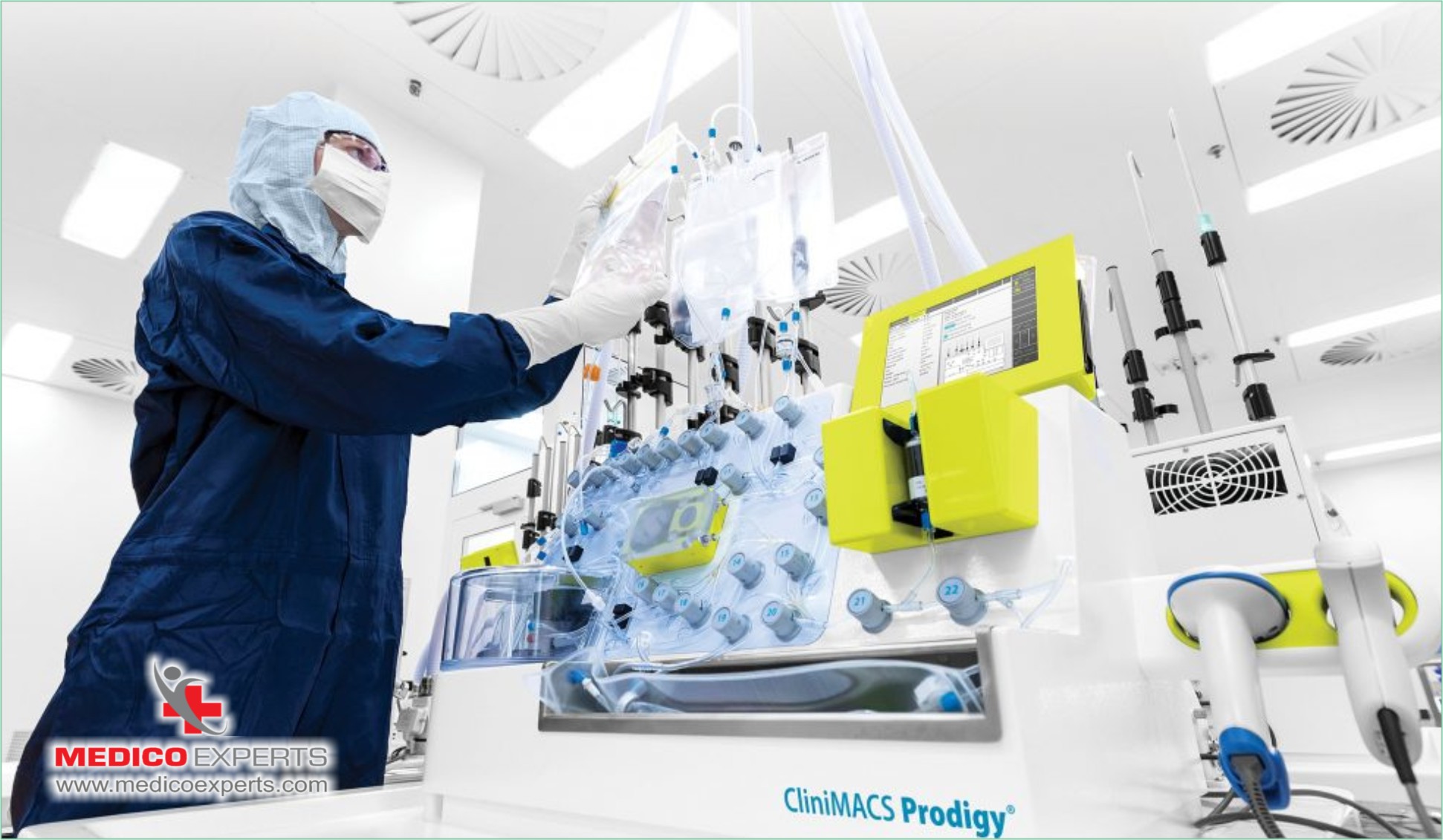
How Does CAR-T Cell Therapy Work?
In CAR-T cell therapies, cancer cells are highly heterogeneous in terms of their antigens, which makes each CAR specific for an antigen in some type of cancer. Car-T cell therapies used in the treatment of these types of cancer are made to bind to antigens.
To, understand how CAR T cell therapy works, let us understand what exactly it is.
The immune system can distinguish between self and foreign particles inside the body by spotting proteins (antigens) on the surface of foreign cells. T cells have proteins (receptors) that distinguish these foreign particles.
There is a similarity in the relationship of antigens and immune receptors to that of a lock and key. Each foreign antigen will have a specific immune receptor that will bind to the immune receptor.
Antigens are present on cancer cells also, but if your immune cells do not possess the required receptors they cannot attach themselves to them and help destroy the cancer cells.
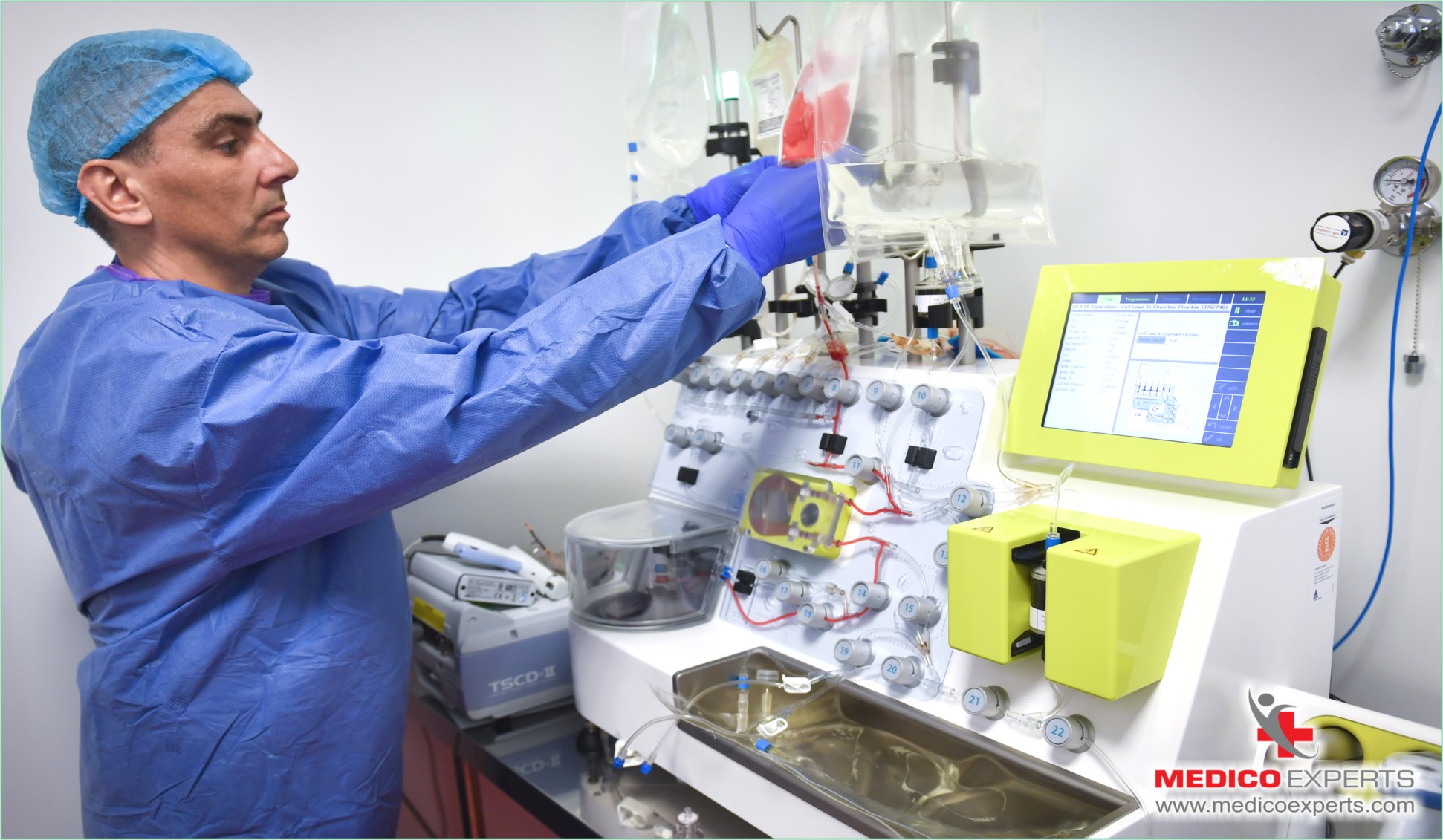
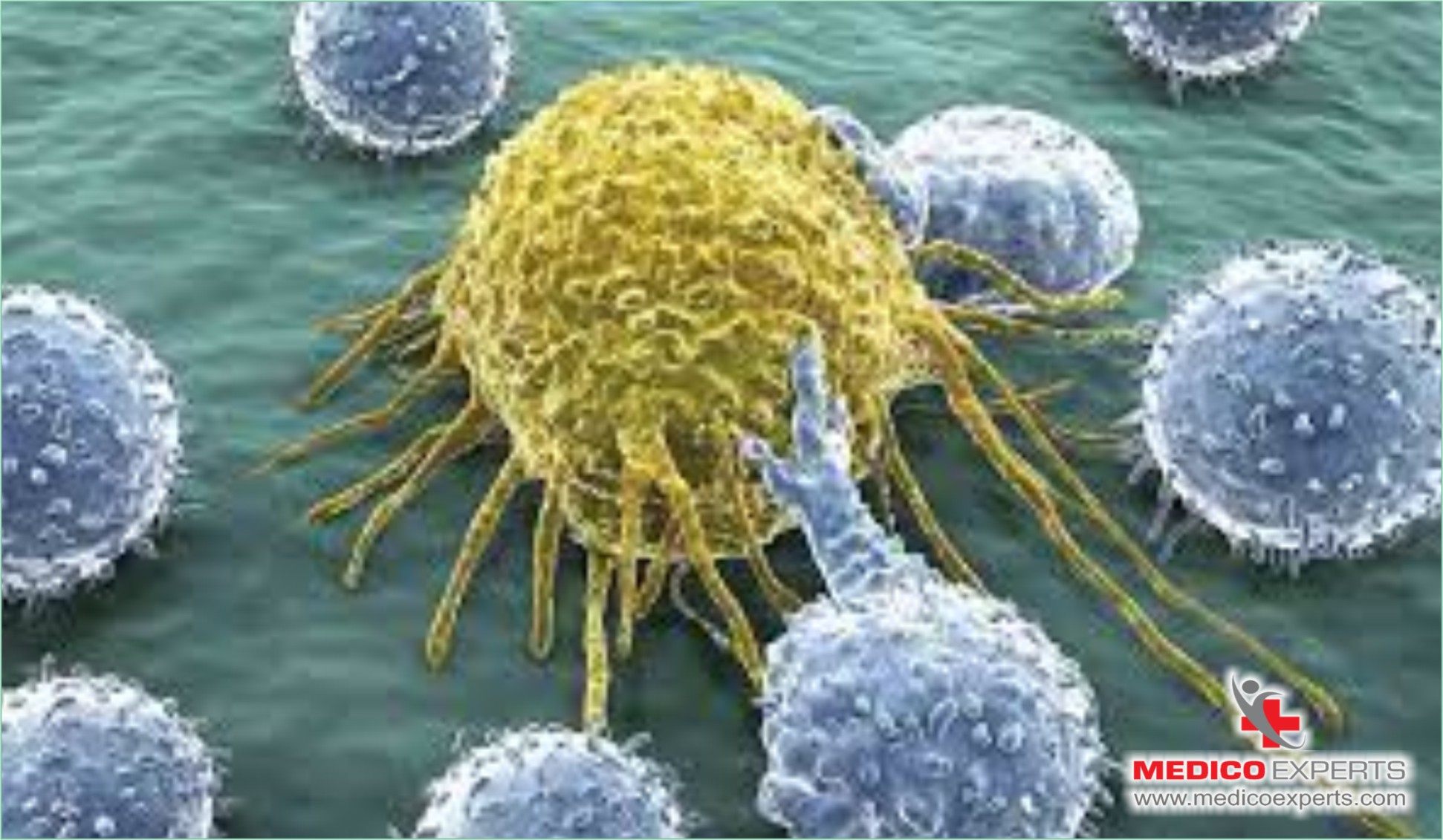
Who is the Right Candidate for CAR-T Cell Therapy?
Based on the following conditions you may be chosen –
- If you suffer from B cell cancer
- You meet liver, kidney function, heart, and lung function wellness.
- Doctors will take into account your age as well but that age is not the only reason that you can’t receive CAR T cell therapy because adults even those up to nineties and kids below ten have been infused with CAR T cell therapy
- As you will require a caregiver to stay with you for the entire T cell extraction period (apheresis), your care team will take into account your living situation.
What is the Process of CAR-T Cell Therapy?
Here are the durations of each step.
It may take from 5-7 days to determine if you are eligible, depending on how many tests, scans, and consultations your doctor prescribed.
Patients have to be in the hospital on both days willing to spend there several hours. On the first day, you set up an apheresis catheter to collect the cells. The second day is for harvesting the cells.
The next procedure is to take the recycled T cells to the lab for the process of genetic engineering. This may take 3 weeks before the T cells are sent back to the hospital. In some cases, the treatment may bring desirable changes within the first couple of weeks, while in others up to three weeks may be needed before the T cells are returned to the hospital.
The next procedure is to take the recycled T cells to the lab for the process of genetic engineering. This may take 3 weeks before the T cells are sent back to the hospital. In some cases, the treatment may bring desirable changes within the first couple of weeks, while in others up to three weeks may be needed before the T cells are returned to the hospital.
Of course, it rarely takes more than an hour to do so, and sometimes it would only take as much as 15 minutes. It hardly takes any time if only one bag of cells is being infused or if there is a real reaction fast.
Recovery from the Infusion of CAR-T Cell Therapy
Recovery can be slow if you are gradually reviving your immunity. Nevertheless, there is an exception in each case; the recovery period is considered thirty days after the infusion of CAR-T cells. You could have effects or reactions that call for special observation, frequent follow-up visits, or even hospitalization.
A primary caregiver will need to be with you all the time. This person will take the responsibility of looking out for fever, infection, and neurological difficulties (e.g., confusion, and personality changes). In case of any symptom recurrence, they will inform your care team without delay.
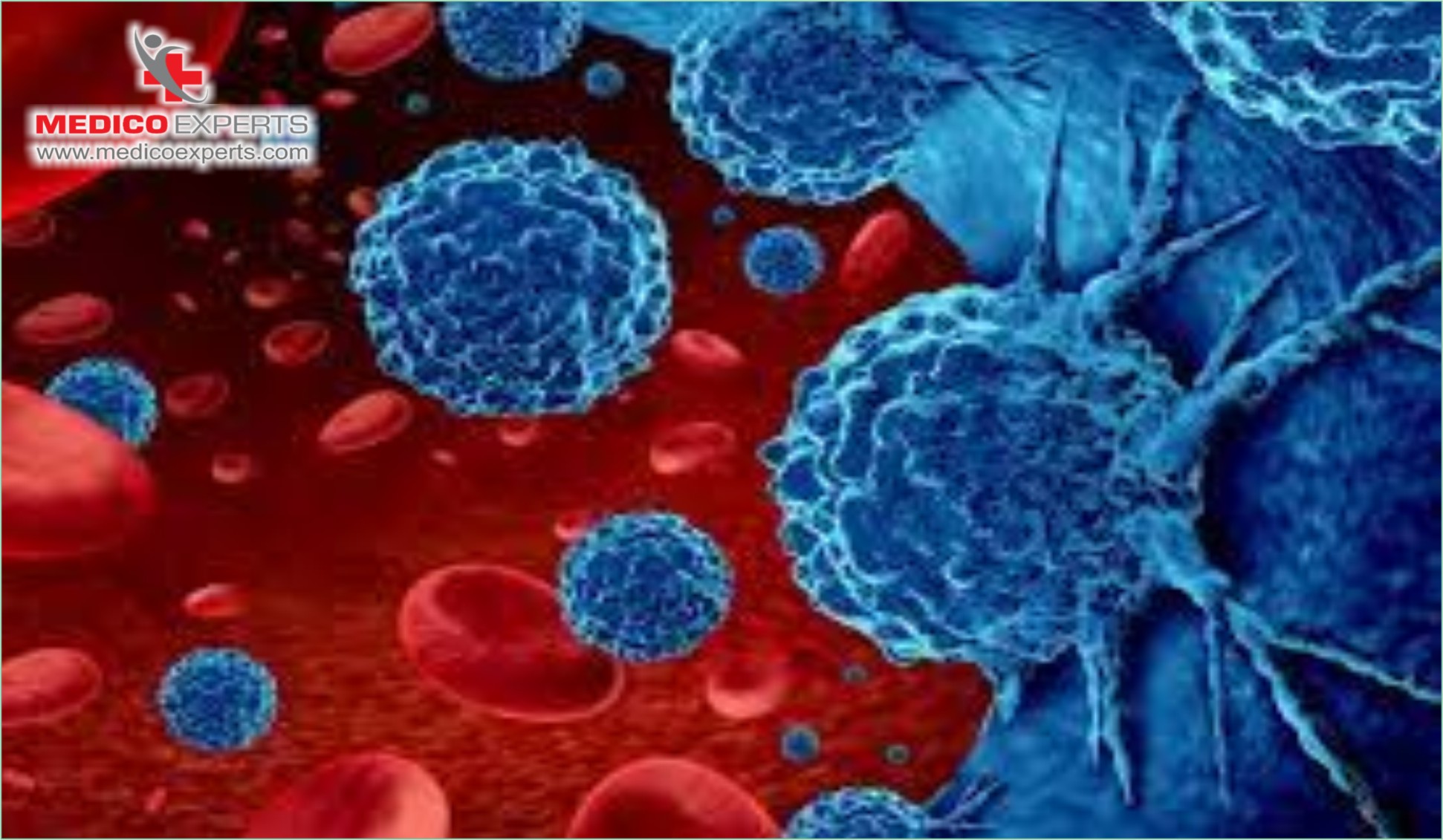
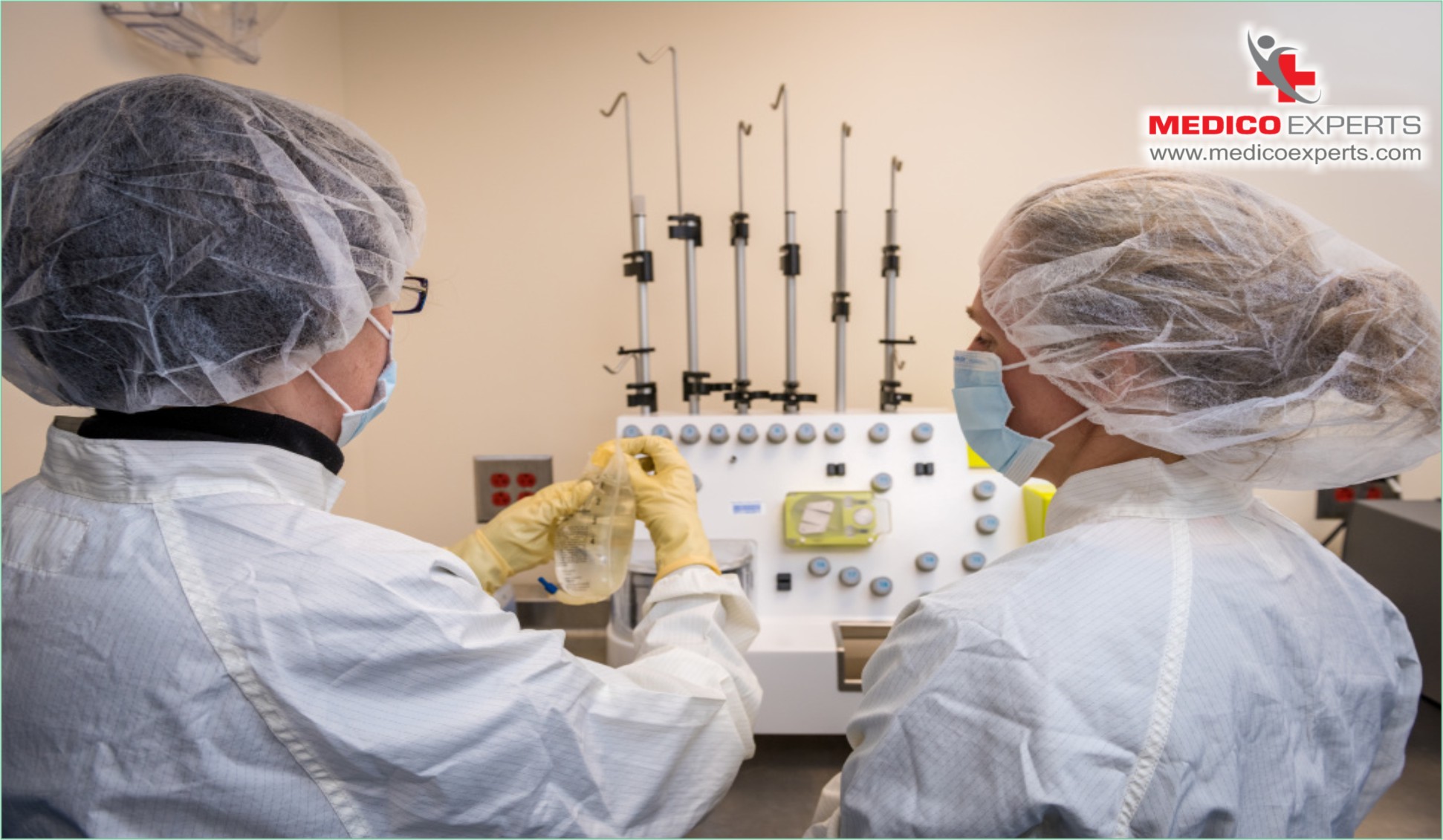
CDSCO-Approved CAR-T Cell Therapies for Blood Cancers
The process of developing actalycabtagene autoleucel was a collective effort of academic research institutions such as IIT Bombay and Tata Memorial Hospital with the industrial partner, ImmunoACT. India’s CDSCO approved the use of the drug in cases of relapsed or refractory B-cell neoplasm such as lymphoma and leukemia in October 2023. This is the first clinical use of CAR T-cell treatment in India.
CAR-T Cell therapies in the USA for a dose cost is over $400 000 while actaly-cel will be supplied in the Indian market for roughly $50 000.
At the meeting of the American Society For Hematology in December 2023, two phase II trials included in a presentation showed that using therapy 67% of people experienced a treatment response. Also, half of the patients received complete responses or eradication of diseases whereby no sign of diseases was visible.
Advantages of CAR-T Cell Therapy
Before B-cell cancer therapies that use CAR-T cells were introduced, the majority of patients with B-cell cancers were treated with chemotherapy and stem cell transplantation.
Even if your healthcare provider determines the right treatment for you, certain advantages of CAR-T cell therapy can lead to its preference compared to other treatments. These include faster treatment times, longer disease control, and fewer side effects.
Tumor-infiltrating CAR-T cell treatment is outstanding as it kills your cancer cell in one infusion within a couple of days of hospitalization.
Standard chemotherapy treatment protocols require multiple cycles of treatments. ( i.e., periods of treatment and recovery which are repeated many times during each dose cycle).
The durability of CAR-T cell therapy is currently under research though remission after CAR-T cell therapy introduction is for quite a long period in many. Similar to stem cell therapies, certain patient populations may be cured by it which further implies that CAR-T cells are persistent in the body. These cells may continue to treat relapsed leukemia.
In contrast to this property, chemotherapy possesses therapeutic effects only during the time of administration and shortly afterwards.
CAR-T cell therapies do not involve harsh chemotherapy nor do they require immunosuppression unless specifically there is an elevation in cytokines after infusion. It is a very important safety aspect of CAR-T cells as compared to chemotherapy.
At times, the side effects of chemotherapies can be so severe that patients will eventually decide to opt out of treatment altogether.

What is the CAR-T Cell Therapy Survival and Success Rate?
In a recent study, remission was achieved in 76% of all patients, and neurotoxicity caused by immune effector cells (this is a common side effect of CAR-T therapy) happened in the remaining patients.
The researchers were particularly concerned with knowing how much the therapy impacted on patient’s quality of life. They noted that for most people quality of life firstly deteriorated during the initial week after the infusion of CAR T-cell therapy and later significantly rose (by the sixth month post-infusion).
What is the Cost of CAR-T Cell Therapy in India?
The cost of CAR-T cell therapy in India comes with different factors affecting it. It can be, the type of cancer being treated, a particular CAR-T cell product used, and the hospital or treatment center visited by the patient.
Presently, the cost may be as high as Rs 60-70 lakh. This indicates that one should be careful with the fact that CAR-T cell therapy is a high-cost treatment. In the USA, the cost of CAR T cell treatment can go up to $500,000.

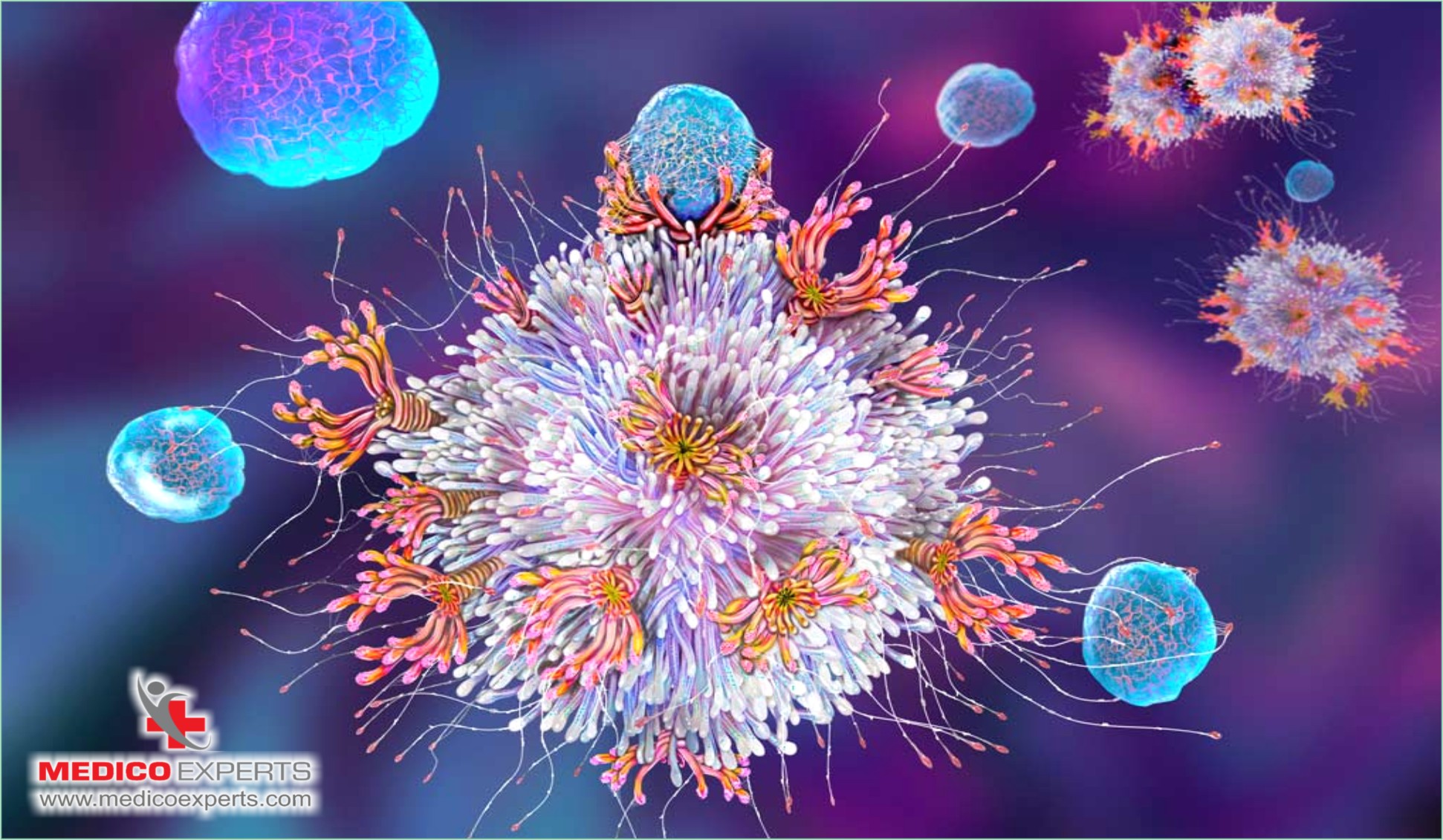
What Factors are Behind the Costs of CAR-T Cell Therapy?
Now, knowing what CAR-T cell therapy is, you may wonder what factors affect the costs of this treatment.
Their cost is much exacerbated by expensive genetic engineering used to design CAR-T cell therapies.
Aseptic technique and closed systems for growing or otherwise manipulating genetically modified T cells present a formidable barrier to common viral and bacterial pathogens.
Specialized facilities, trained medical personnel, and careful monitoring are what constitute the therapy and so it comes at a high price.
How MedicoExperts can help you get the best CAR-T Cell Therapy?
MedicoExperts Tumor Board helps in proper evaluation before CAR-T Cell Therapy is administered.
Time is taken by the tumor board not just to find the exact stage of your disease and determine your organ function but also to figure out what might be best for you.
If you have a fixable heart problem, you may require a cardiology team. You may be recommended a medicine or procedure to resolve the issue before starting the CAR-T cell therapy.
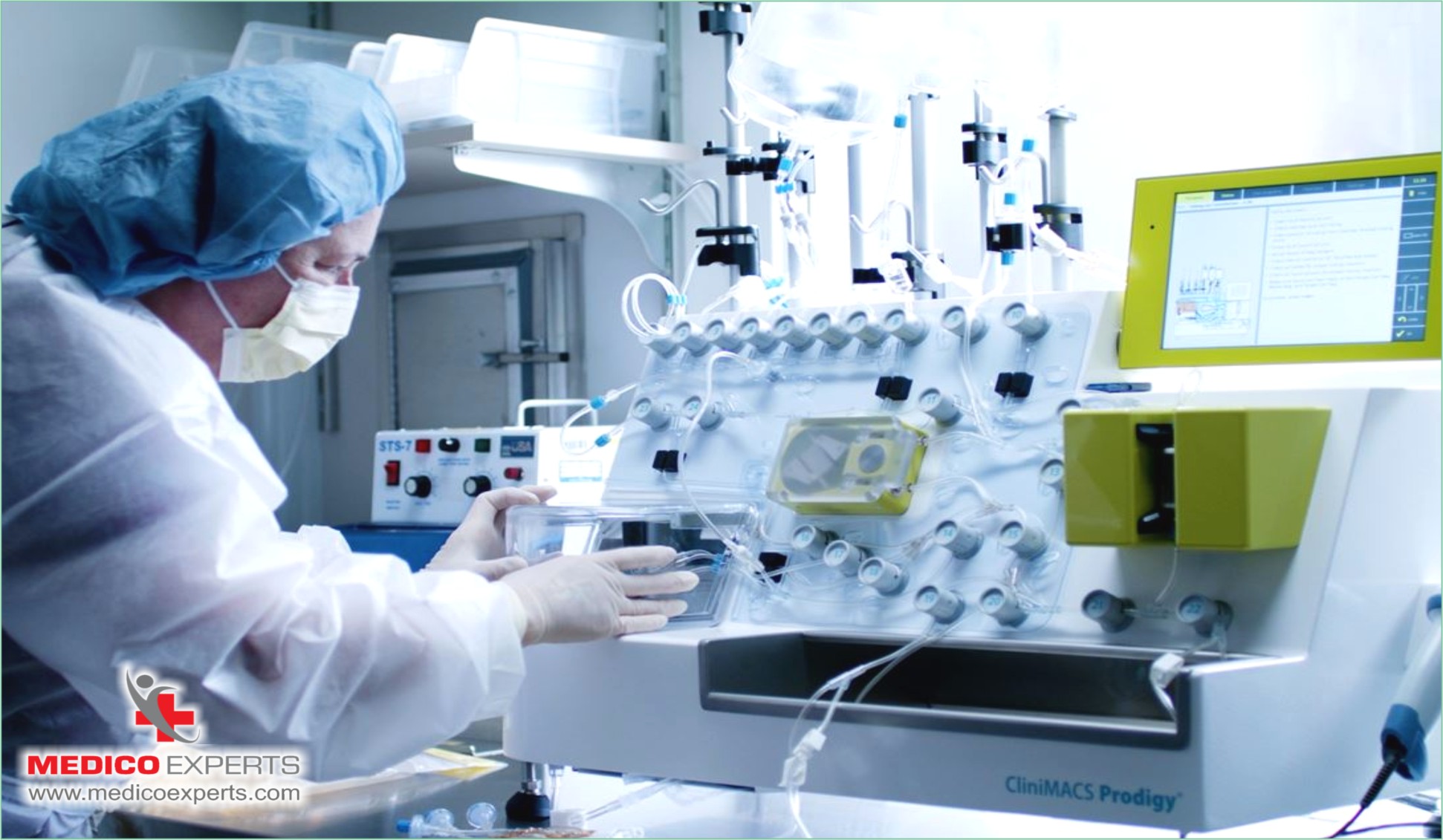

Takeaway
With the constant development of technology and ongoing research, you can expect to see better performance and outcomes of CAR-T cell therapy. The best part is cancer can be conquered by just using components of your immune system.
At Medicoexperts we do our best to make CAR-T cell therapy affordable. We understand the essence of this treatment and provide detailed information as well as all the help you need to get better health.
Frequently Asked Questions (FAQs):
Q1. Is CAR-T Cell Therapy available in India?
A. Yes, CAR-T Cell Therapy is presently an option for patients, in India. Currently, this therapy is available only at some of the Cancer Institutes in India for certain types of cancers.
Q2. What are the side effects of CAR-T Cell Therapy?
A. CAR-T Cell Therapy even though may not be painful, may have some effects including fatigue, fever, nausea, and vomiting.
Q3. What is the probability of getting cured with CAR-T Cell Therapy?
A. CAR-T cell therapy efficacy is subject to cancer type and stage, as well as certain other factors like the overall health status of a patient. Indeed the response rates of certain types have been very impressive.
Q4. How long do you expect before a patient responds to CAR-T Cell Therapy?
A. The modified T cells may take several weeks before they show any effect on cancer cells. It is generally accepted that the treatment is successful if there is a remission of a considerable duration of many months or even years.
Q5. How many days does the CAR-T Cell Therapy last?
A. Typically, the process of CAR-T Cell Therapy takes around three months from the time you are assessed to when you are observed after the infusion. This begins with an eligibility assessment prescribed by your doctor and ends with a 30-day observation period following the infusion.
- https://www.ncbi.nlm.nih.gov/pmc/articles/PMC10094630/
- https://www.ncbi.nlm.nih.gov/pmc/articles/PMC5363291/
- https://www.cancer.gov/news-events/cancer-currents-blog/2024/nexcar19-car-t-cell-therapy-india-nci-collaboration
- https://ashpublications.org/bloodadvances/article/7/14/3541/495093/Longitudinal-patient-reported-outcomes-in-patients
- https://www.nature.com/articles/d41586-024-00809-y
- https://www.ncbi.nlm.nih.gov/pmc/articles/PMC10327392/
- https://www.ncbi.nlm.nih.gov/pmc/articles/PMC10770848/
Relevant Articles For You
Are you seeking insight into the question: “What Types of Leukemia Are Curable? With advancements in diagnosis and treatment, one…..Read More
Startling statistics reveal that certain genetic abnormalities, like the FLT3-ITD mutation, can increase the risk of relapse and…..Read More
By understanding these risk factors and making informed choices, you can take proactive measures to stay away from known risks of…..Read More
There are some proactive measures for the prevention of blood cancer. Key factors such as avoiding radiation, harmful…..Read More
Can bone marrow transplant cure blood cancer? This question has kept many intrigued. The increasing number of new…..Read More
Do you know about bone marrow transplant treatment for blood cancer? The term bone marrow transplant or BMT refers to…..Read More
Recommendations To Understand Different Treatments
Critical decision for you and your doctor- Chemotherapy or Immunotherapy Which pathway to choose? Cancer treatment modalities have advanced considerably…..Read More
Cancer that originates in the liver is termed liver cancer. The liver is one of the largest organs of the body and it lies below the diaphragm and in the upper right quadrant of the…..Read More

Author Bio:
Dr. Yashashree Joshi – MBBS, MD (Philippines)
Dr. Yashashree Joshi, MD, is a globally-trained oncologist with a robust academic background and extensive experience in pioneering cancer treatments. Dedicated to patient-centered care, she continually integrates the latest advancements in oncology to provide her patients with innovative and personalized treatment plans.
Content Medically Reviewed By MedicoExperts Editorial & Clinically Review Board



